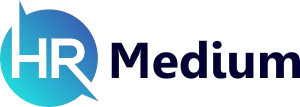As a small business owner, managing your team and ensuring employees are paid correctly and on time is crucial. Efficient payroll management is an essential part of any business’s operations, and leveraging the right payroll software can make all the difference.
How can you choose the best one that suits your needs with so many options available?
Also Read: Customizing Your HR Management System for Maximum Efficiency
Prioritize these 6 features when selecting payroll software for your small business.
Every one of these features plays a critical role in simplifying your payroll.
1. Should Automate Payroll Processing
Manual payroll calculations can be time-consuming and prone to errors, especially as your business grows.
Payroll software that automates calculations for wages, taxes, benefits, and deductions can save you valuable time and reduce human error.
This ensures your employees are paid accurately and on schedule.
2. Must Be Compliant with Tax Regulations
Payroll software should help you stay compliant with federal, state, and local tax laws. It should automatically calculate the appropriate tax withholdings and generate tax forms.
This feature is vital to avoid penalties and fines, making it essential for small businesses that need to keep up with evolving tax regulations.
3. Has an Option for Direct Deposit and Payment
Offering your employees direct deposit is a convenient and efficient way to ensure payments are delivered on time.
A payroll software system with direct deposit integration allows you to transfer wages electronically, reducing the need for paper checks.
Additionally, flexibility in payment methods can be a bonus for businesses with diverse workforces.
4. Contains an Employee Self-Service Portal
Many payroll software solutions include an employee self-service portal, where your team can access their pay stubs, tax documents, and other payroll-related information.
This reduces the administrative burden on HR and gives employees more control over their information.
5. Drafts Reports for Better Analysis
Tracking and analyzing payroll data is essential for managing your small business finances.
The best payroll software offers customizable reports, allowing you to generate detailed reports on payroll expenses, tax filings, and other key metrics.
This helps you make informed decisions and keeps your business operations running smoothly.
6. Must Be Scalable in the Long-Term
Lastly, as your business grows, your payroll needs will likely change. Choose payroll software that can scale with your business.
It should be flexible enough to handle changes such as adding new employees, adjusting to different pay structures, and expanding to new locations.
A scalable solution ensures that your payroll system continues to meet your needs without requiring a complete overhaul.
Conclusion: Untangle Payroll with the Right Software
For small businesses, having the right payroll software is essential for smooth and efficient operations. By prioritizing features such as automation, tax compliance, and scalability, you can streamline your payroll process, save time, and reduce the risk of errors.

